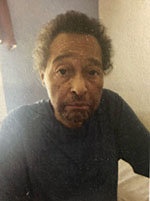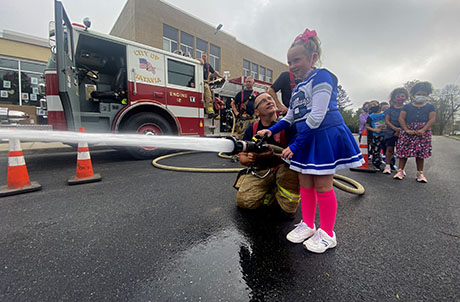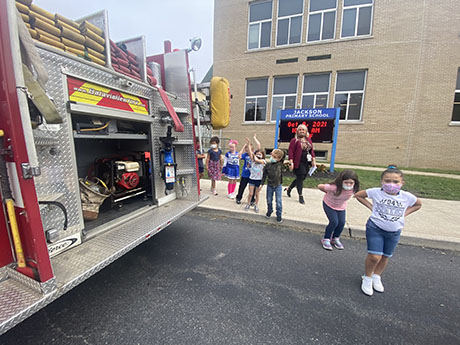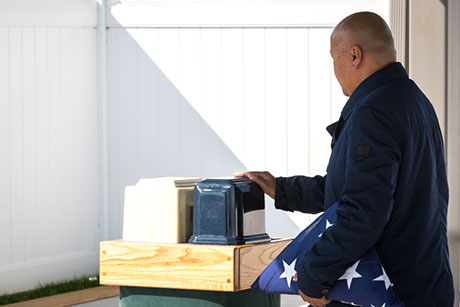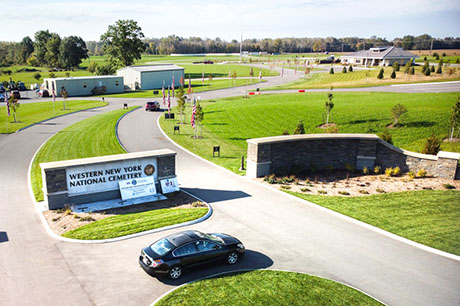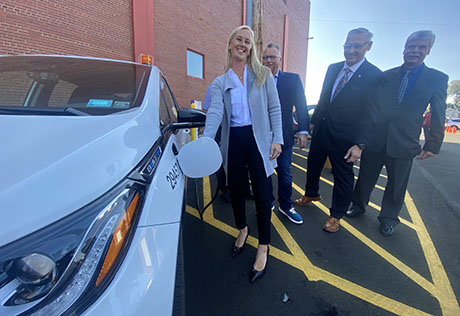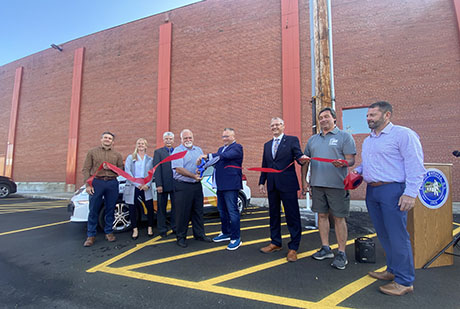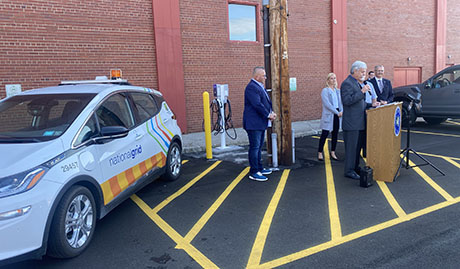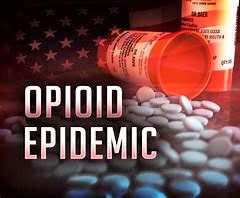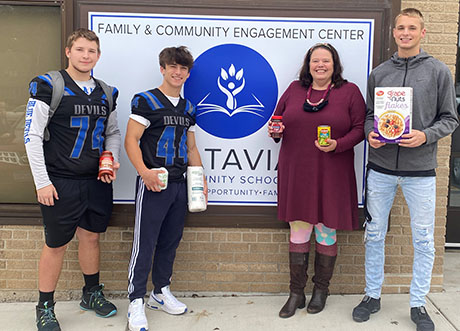A Genesee County legislator believes that county departments dealing with substance use issues -- whether in the form of education, prevention, treatment or enforcement – should be first in line to receive money awarded to the municipality through New York State’s settlement with opioid manufacturers and distributors.
Speaking at Wednesday’s Ways & Means Committee meeting at the Old County Courthouse, Marianne Clattenburg said any list of ways to spend the $1 million or so expected to be distributed to Genesee County should start with initiatives supporting county units, such as the Youth Bureau, Mental Health and the Sheriff’s Office.
“This isn’t really that much money. And I think between the Youth Bureau, and their prevention efforts, and Mental Health and the issues that have arrived, especially with children and therapies that are going on because they’re dealing with drug abuse of parents and foster parents (would be the best use of the funds).”
Clattenburg said substance use and its effect upon other areas of society warrant immediate attention.
“I think there’s enough need inside the county that those stakeholders need to be focused on – those dollars staying in the county before we talk about other agencies …” she said. “I’m just concerned that outside agencies … are already asking how much money they’re going to get from this.”
County Manager Matt Landers responded by saying that representatives of Genesee County Mental Health, Sheriff’s Office, Public Health and Youth Bureau would be on the committee.
In a story posted on The Batavian on Monday, Landers said that Genesee/Orleans Council on Alcoholism and Substance Abuse, an outside agency that receives some funding from the county, and possibly other non-county organizations, will be involved.
Contacted today, he said the committee “will be weighted in favor of Genesee County departments," but will include John Bennett, GCASA executive director.
“It’s a fluid process,” Landers said. “As we move forward, we may see more partners to bring to the table.”
He said the first committee meeting is scheduled for later this month.
Ways & Means Committee members were asked to consider a resolution approving a proposed settlement with McKesson Corporation, Cardinal Health, Inc., and AmerisourceBergen Corporation, and their multiple subsidiaries – the “Big 3 Distributors” – that could result in the county receiving anywhere from $1,055,674 to $1,864,833, with payments made over 18 years.
County Attorney Kevin Earl said the New York City law firm of Napoli Shkolnik, which is representing municipalities across the state, “brought a number of actions not only against the people who manufacture the opioids, but the distributors – claiming that they violated certain laws by not accounting for where this stuff was going. In other words, they contributed to the proliferation of the opioid crisis.”
Earl said the monetary amount depends upon how many communities participate in the class action proceedings.
“Just like the other (Johnson & Johnson) settlement, (it comes) with a sliding scale,” he said. “The more people that … sign on to join the settlement, the more Big 3 Distributors are willing to pay because their exposure lessens. The likelihood is pretty high that we will get the high end of the settlement.”
Funds received have to be targeted toward substance use treatment, prevention, training and enforcement, he added.
“Within those categories, there is some flexibility but we can’t spend the money for water funds or bridge funds.”
While Earl said this money is addition to funds from the J&J settlement, it is unclear exactly how much the county will receive at this point.
Landers said he and Earl will be speaking with the attorneys representing the county in this matter to determine the dollar figure, but estimates an award of at least $1.3 million.
The county manager said the plan is to meet with all stakeholders and make recommendations that would be forwarded to the legislature.
The first payment is expected in February 2022, Earl said.
Previously: NYS AG reports that Genesee County is in line for up to $1 million in opioid settlement funding

